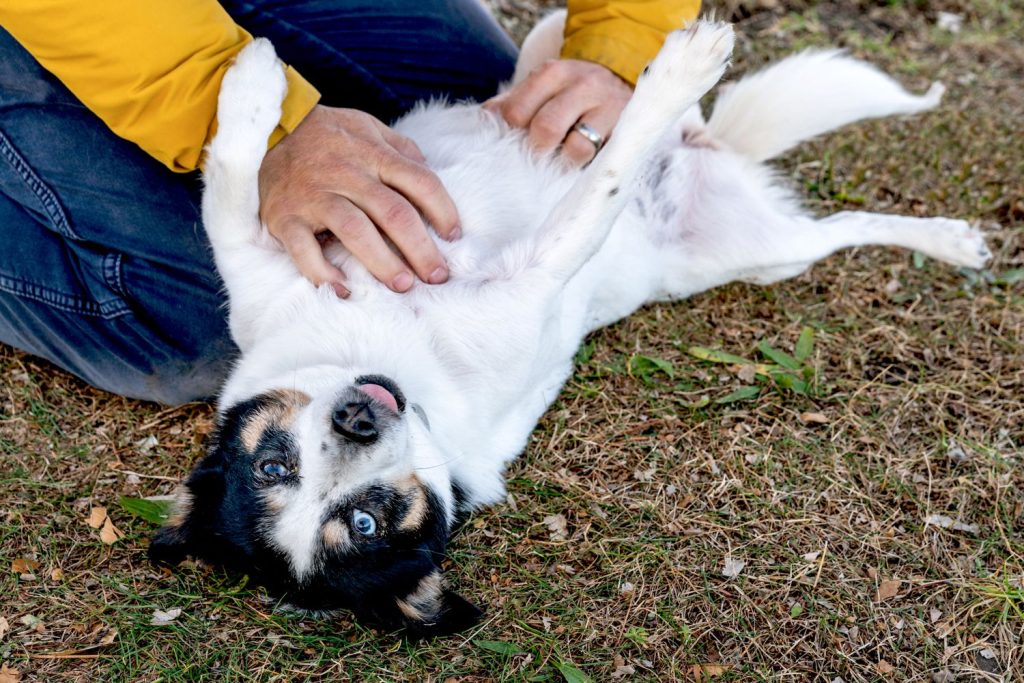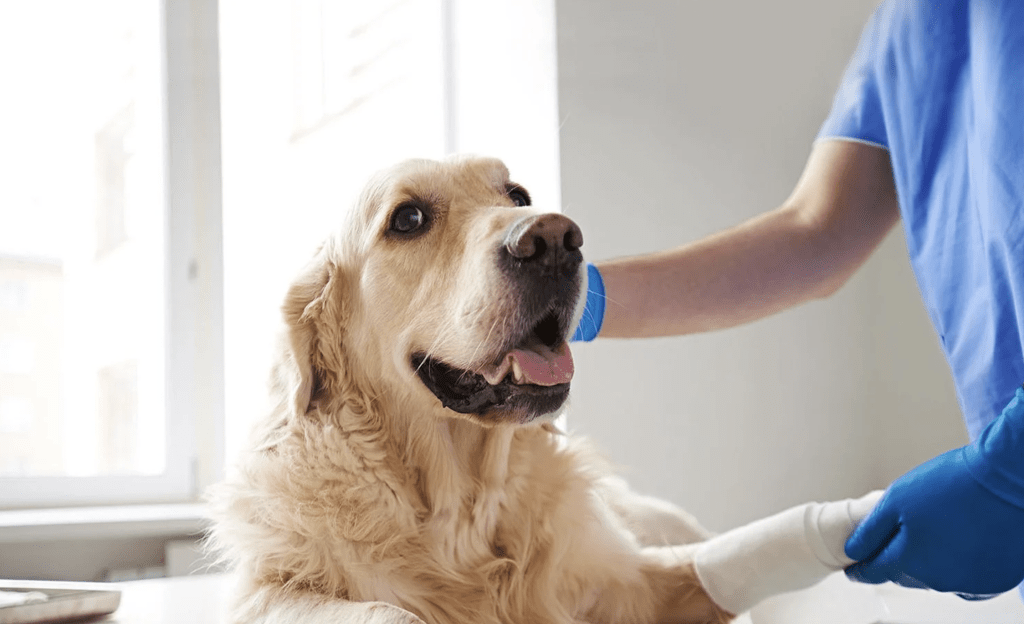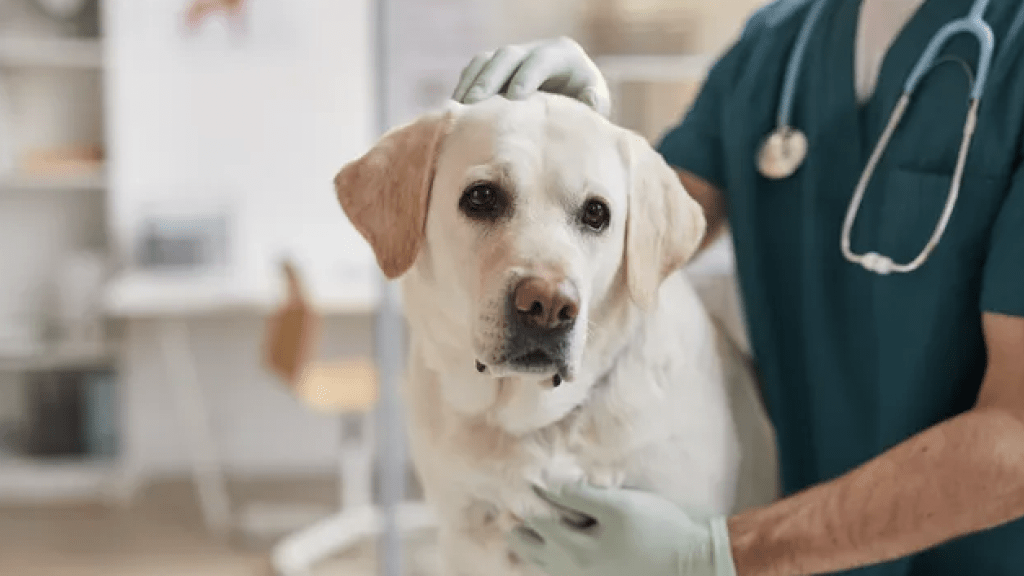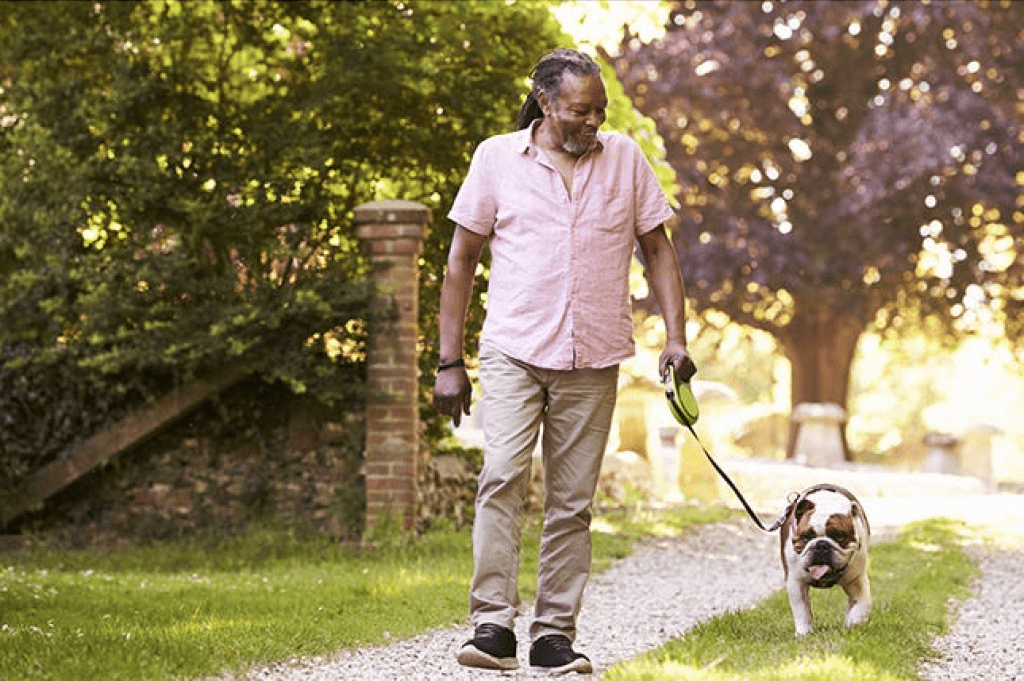Adopting an older pet can be extremely rewarding. Senior pets often get overlooked in shelters, with around 6.3 million older pets ending up in US shelters each year, but they have so much love left to give. Here are some important things to keep in mind when bringing home a senior dog or cat.
Health Concerns
Senior pets are more likely to have ongoing medical issues. Before adopting, find out the pet’s medical history. Ask the shelter if they have been screened for common senior ailments like arthritis, kidney disease, dental problems, cancer, etc. Also, find out if they are on any long-term medications. You’ll want to factor in these potential healthcare costs.
Once you have adopted them, take your senior pet for a full check-up. Discuss an appropriate wellness plan with your vet. You may need to budget for medications, dietary supplements, more frequent lab work, physical therapy, etc. Keeping your senior pet’s health optimized will help ensure a good quality of life.
Dietary Needs
Nutrition is very important for older pets. Consult your vet on an age-appropriate diet. For example, pets with kidney disease often require a low phosphorus, low protein prescription food. Pets with dental issues may need softer foods. Senior pets may need more frequent meals throughout the day. Monitor your pet’s appetite and weight closely. Report any changes to your vet.
Supplements like glucosamine, fish oil and SAM-e can help manage arthritis. Probiotics and fiber supplements support digestive health. Talk to your vet before starting supplements.
Exercise & Activity
Senior pets are less energetic and may have mobility issues. Short, low-impact activity is best. Take short walks with lots of rest periods. Swimming and physical therapy can help pets with arthritis. Monitor your pet closely for signs they are in pain or getting fatigued. Adjust their exercise routine accordingly.
Senior pets are less tolerant of temperature extremes. Keep them comfortably cool in summer and warm in winter. Provide pet ramps and stairs to help them get around safely. Soft, cushioned beds will make rest more comfortable.
Social & Environmental Adjustments
Senior pets often appreciate a predictable routine in a quiet environment. Try to minimize changes and avoid situations that might stress or overwhelm them. For example, boarding at a kennel may be too overstimulating and adopting a puppy later will likely stress them out.
Proper introductions should be made to any resident pets. Monitor interactions closely as senior pets may become grumpy or defensive. Be prepared to keep them separate if needed.
Patience and positive reinforcement will help senior pets adjust to their new home. Lavish them with affection and give them your time and attention. Soon they will come out of their shell and flourish.


Quality of Life Factors
One of the hardest parts of caring for a senior pet is making end-of-life decisions. It’s important to focus on your pet’s overall quality of life. Ask yourself: Are they enjoying their favorite activities? Do they still have an appetite and interest in life? Are they in significant pain or discomfort?
When assessing your pet’s quality of life, have honest discussions with your vet. They can help advise you on when euthanasia in the comfort of your own home may become the most humane option. Saying goodbye is never easy, but finding comfort in knowing you gave your senior pet a loving home can help bring peace.


Adopting a senior dog or cat is incredibly rewarding. While they require some extra care, their sweet dispositions and appreciation for a second chance at life will steal your heart. With proper preparation, your senior pet will bring immense joy to your family in their golden years.
WE SAID THIS: Don’t Miss…The 13 Healthiest Human Food Dogs Can Eat






